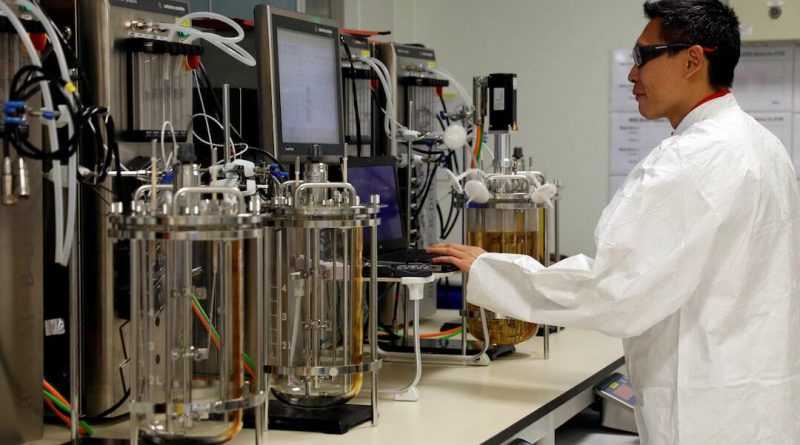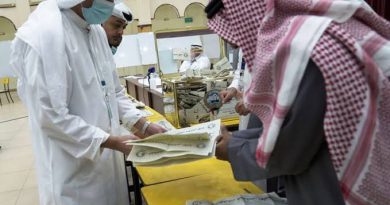Singapore Seeks Tariff Exemptions After U.S. Imposes 100% Duties on Branded Drugs
Singapore’s government is actively pressing the United States to grant exemptions from sweeping new 100% tariffs on branded pharmaceutical imports, as Singaporean officials and industry leaders work to safeguard a key export sector.
Deputy Prime Minister and Trade Minister Gan Kim Yong affirmed on Saturday that Singapore’s pharmaceutical firms are exploring whether they qualify for carve-outs under the U.S. tariff regime. The country currently exports about $3.1 billion worth of pharmaceutical products to the U.S., representing around 13% of its total exports to America.
Gan noted most of these exports are branded medicines, adding that many firms already maintain or are expanding operations in the U.S., which could position them favorably for exemptions.
He pressed ahead with ongoing trade talks between Singapore and Washington, emphasizing that both sides are working through details affecting both the pharmaceutical and semiconductor sectors. During his recent meeting with U.S. Commerce Secretary Howard Lutnick, officials discussed how to structure arrangements that preserve competitiveness while respecting U.S. policy goals.
“Ultimately, we hope to be able to have an arrangement with the U.S. to allow us to continue to be competitive in the U.S. market,” Gan said, stressing the importance of preferential treatment rather than blanket tariffs.
In July, the effective U.S. tariff rate on Singaporean exports rose to 7.8% from 6.8%, influenced in part by prior tariff hikes on steel and aluminum. Singapore’s export portfolio to the U.S. includes large shares of pharmaceuticals, semiconductors, and electronics—sectors vulnerable to broader trade policy shifts.
While the 100% duty is a major escalation, Gan portrayed it as a negotiation issue, not a breaking point. The government and industry appear intent on engaging with the U.S. to find a balanced and durable solution.



